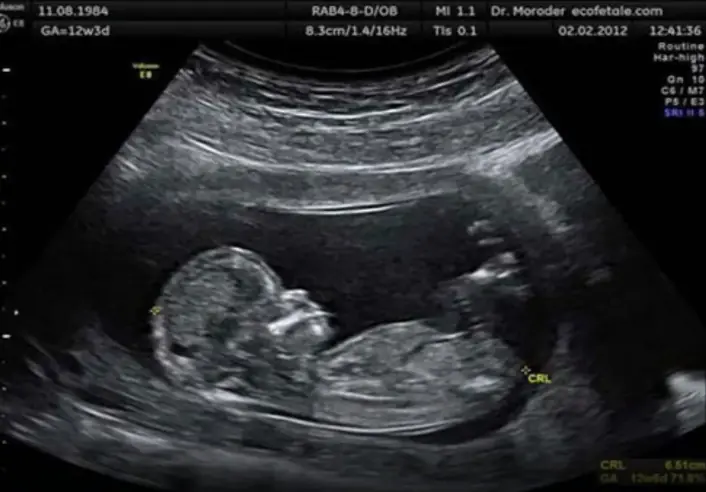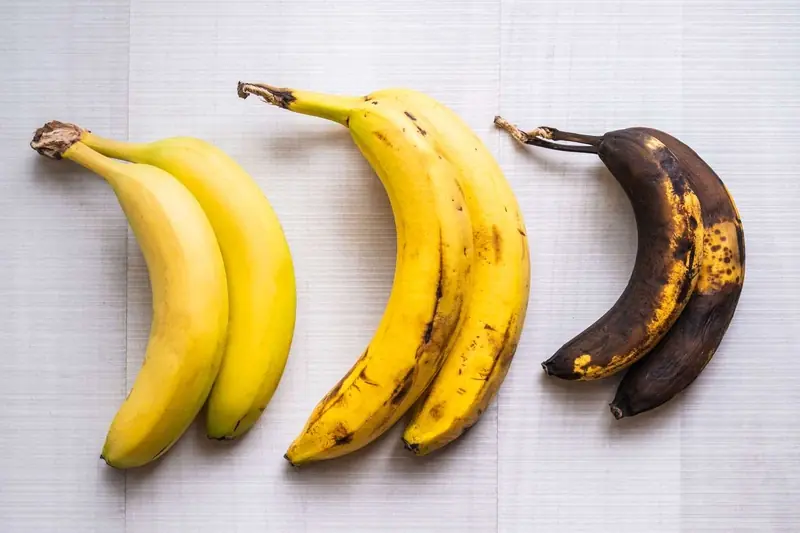
The Mistake of Washing Grapes with Salt or Baking Soda=
The Mistake of Washing Grapes with Salt or Baking Soda: This Method Actually Cleans Off Insect Eggs — Safe to Eat with the Skin
Washing grapes with salt or baking soda might seem clean, but it can actually be risky. The correct cleaning method below not only removes dirt and insect eggs but also keeps grapes fresh and safe to eat with their skins on.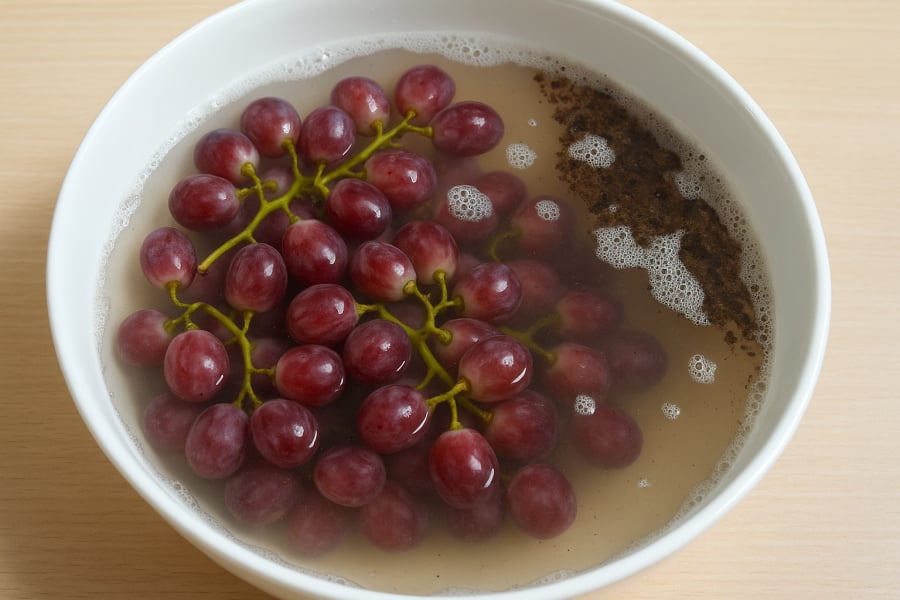
Why Salt and Baking Soda Aren’t Enough to Remove Dirt
Many people believe salt can disinfect and baking soda can “scrub” away dirt. But with grapes, things aren’t that simple.
Grapes grow in clusters with tight gaps between the fruits, and their tiny stems can easily trap dust and insect eggs. Simply rinsing them with salt water or baking soda solution isn’t enough — dirt and eggs can still cling in hidden spots.
Moreover, baking soda is highly alkaline, and using too much or scrubbing too hard can damage the grape skin, making it spoil faster. Salt, on the other hand, has limited antibacterial properties and can’t pull out the deeper residues.
That’s why you need a method that’s both effective yet gentle — one that removes fine dust, chemical residues, and insect eggs while keeping the grape skins intact.
The “Miracle” Grape-Washing Method Using Common Kitchen Ingredients
Here’s a simple yet highly effective way to clean grapes thoroughly using everyday household items:
1. Separate Each Grape
Don’t wash the whole bunch at once. Use scissors to cut each grape off the stem. This prevents tearing the skin or breaking the stems, which could allow water and dirt to seep into the fruit during soaking.
2. Soak Grapes in Rice Water
Rice water has a mild viscosity and low alkalinity — it helps dissolve pesticide residues and loosen dust stuck on the grape skin.
Place the grapes in a bowl, pour in enough rice water to cover them, and gently stir so the grapes rub lightly against each other. After about 10–15 minutes, you’ll notice dark particles or residue floating on top — that’s the dirt and chemicals being lifted away.
3. Soak in Light Salt Water
After rinsing off the rice water, soak the grapes again in a mild saltwater solution for about 10 minutes. This helps disinfect and extend the grapes’ freshness.
Avoid adding too much salt — just enough to have a mild antibacterial effect.
4. Rinse Thoroughly with Clean Water
Finally, rinse the grapes under running water at least twice, then drain before eating or refrigerating.
When rinsing, gently roll the grapes in your palms to wash off any remaining dirt or residue, then let them air dry or drain completely.
Extra Tips for Cleaner, Fresher Grapes
-
Wash grapes quickly and avoid soaking for too long — prolonged soaking can soften the skins and cause spoilage.
-
When cutting grapes, leave a small piece of stem attached to prevent skin damage.
-
After washing, ensure grapes are completely dry before storing them in an airtight container or bag in the refrigerator.
-
Remove any grapes that are soft, bruised, or spotted before washing to prevent contamination of the others.
With this method, you don’t need strong chemicals — yet you can effectively remove dirt, bacteria, and tiny insect eggs. The grapes will stay fresh, clean, and safe to eat with the skin on, which is rich in antioxidants, so you can enjoy them worry-free.
News in the same category

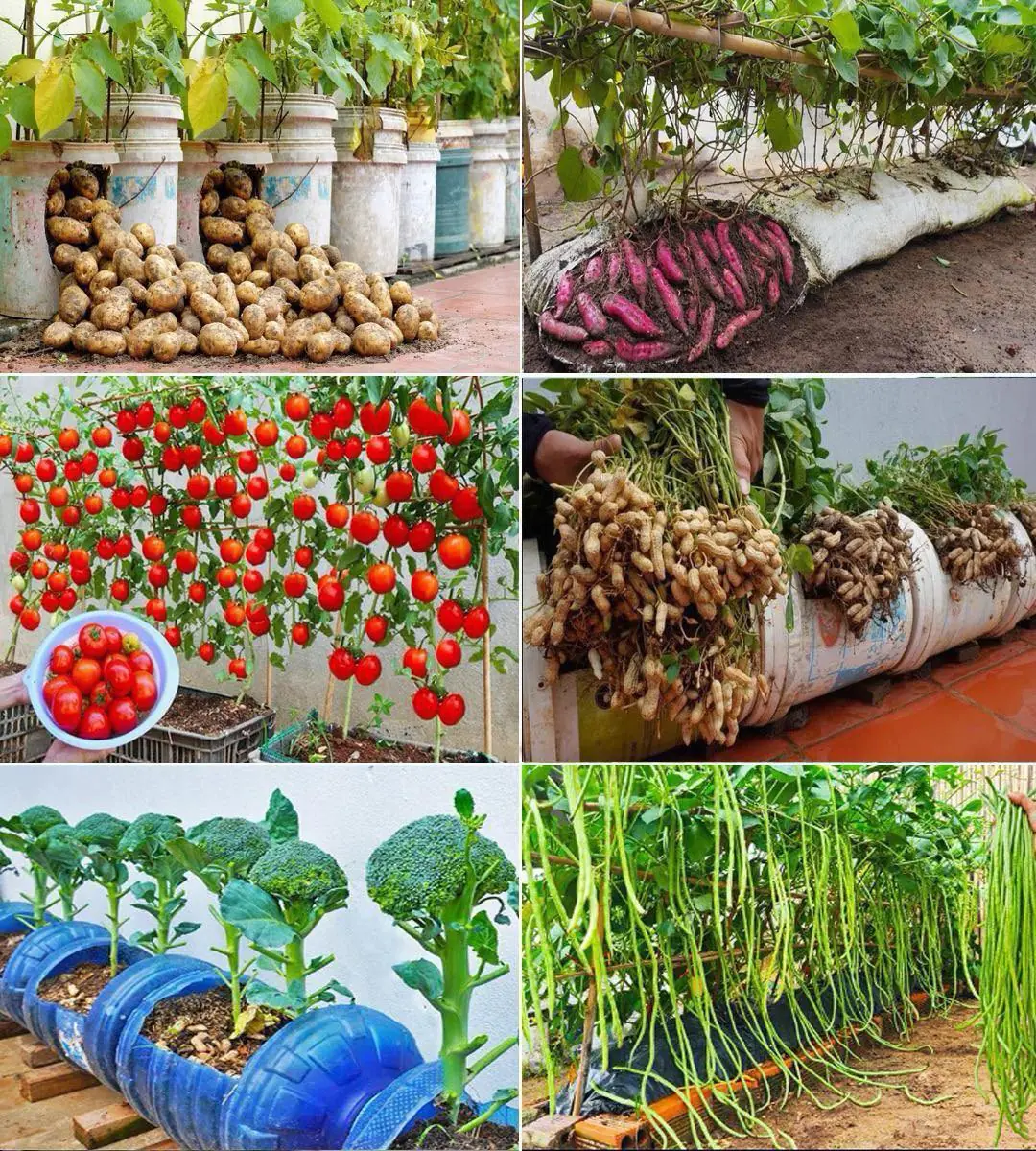
12 vegetables that grow well in containers
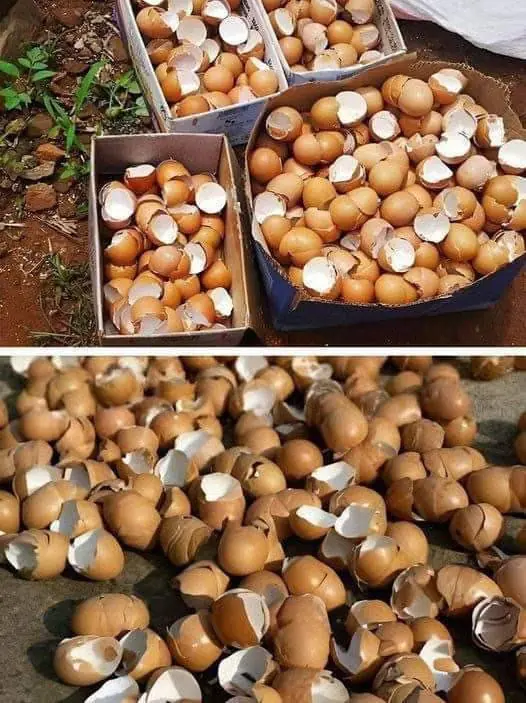
Don’t toss those eggshells! Here’s why you should keep them
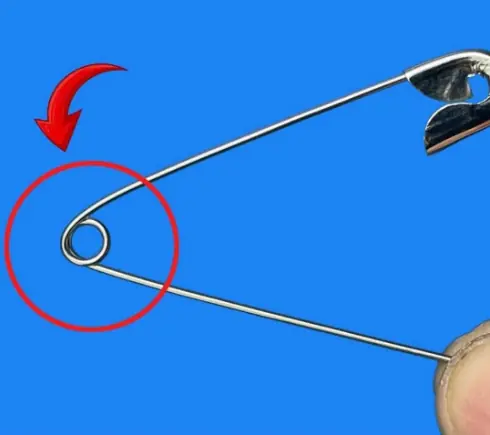
What’s the Purpose of That Tiny Hole in a Safety Pin?
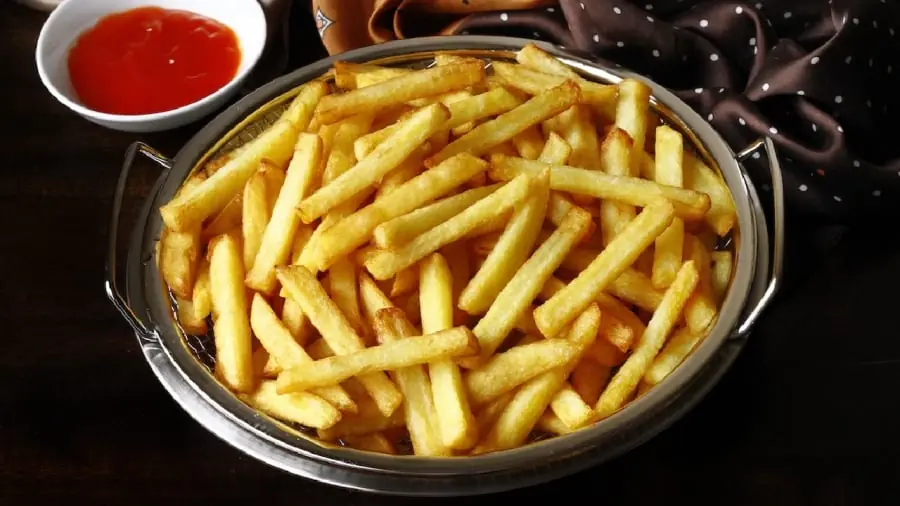
3 Tips for Perfectly Golden, Extra Crispy French Fries That Stay Crunchy for Hours
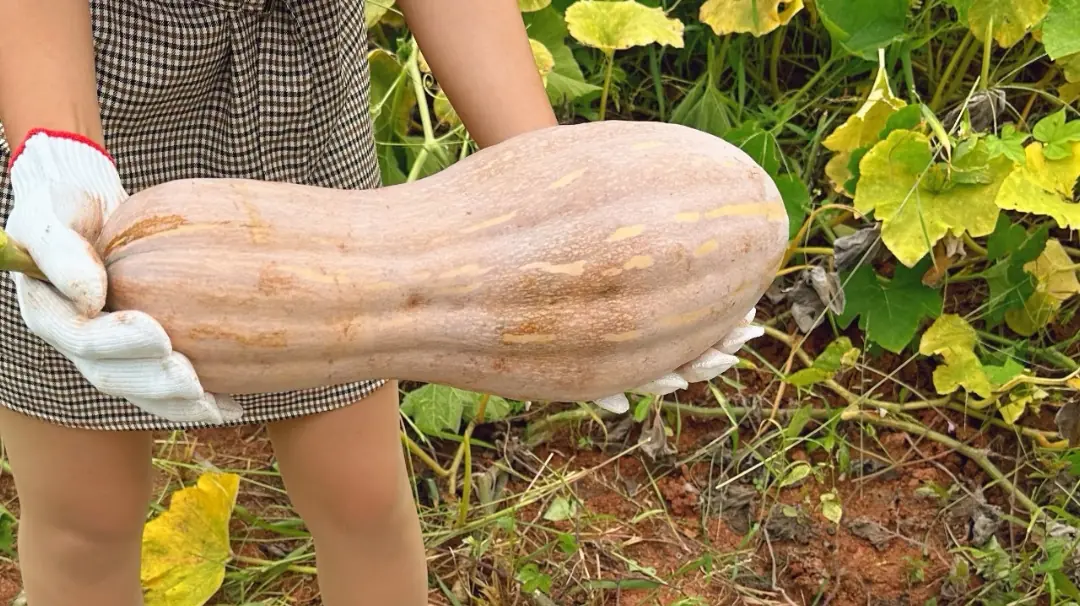
Old Farmer’s Advice: “When Buying a Pumpkin, Don’t Look at Its Size — Focus on These 4 Things to Pick the Best One!”
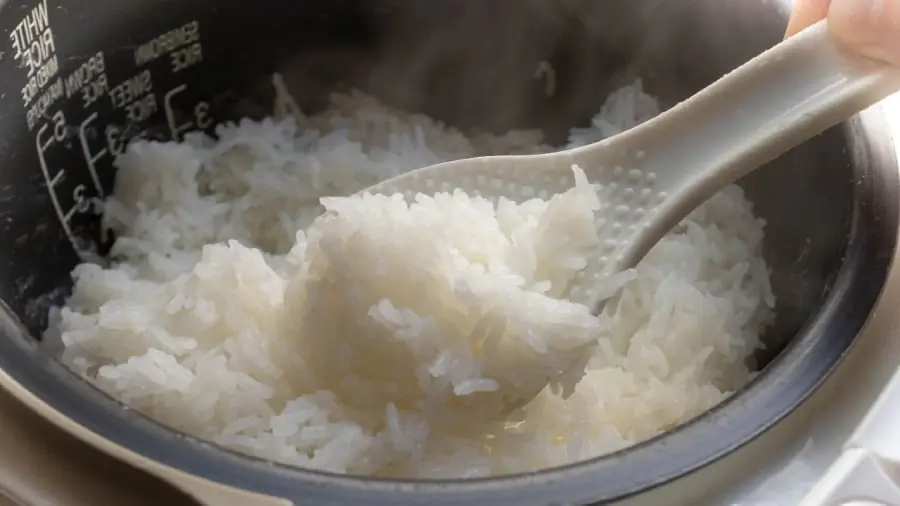
Add These Two Ingredients When Cooking Rice

Extraordinary Visual Skills If You Can Spot The Cat
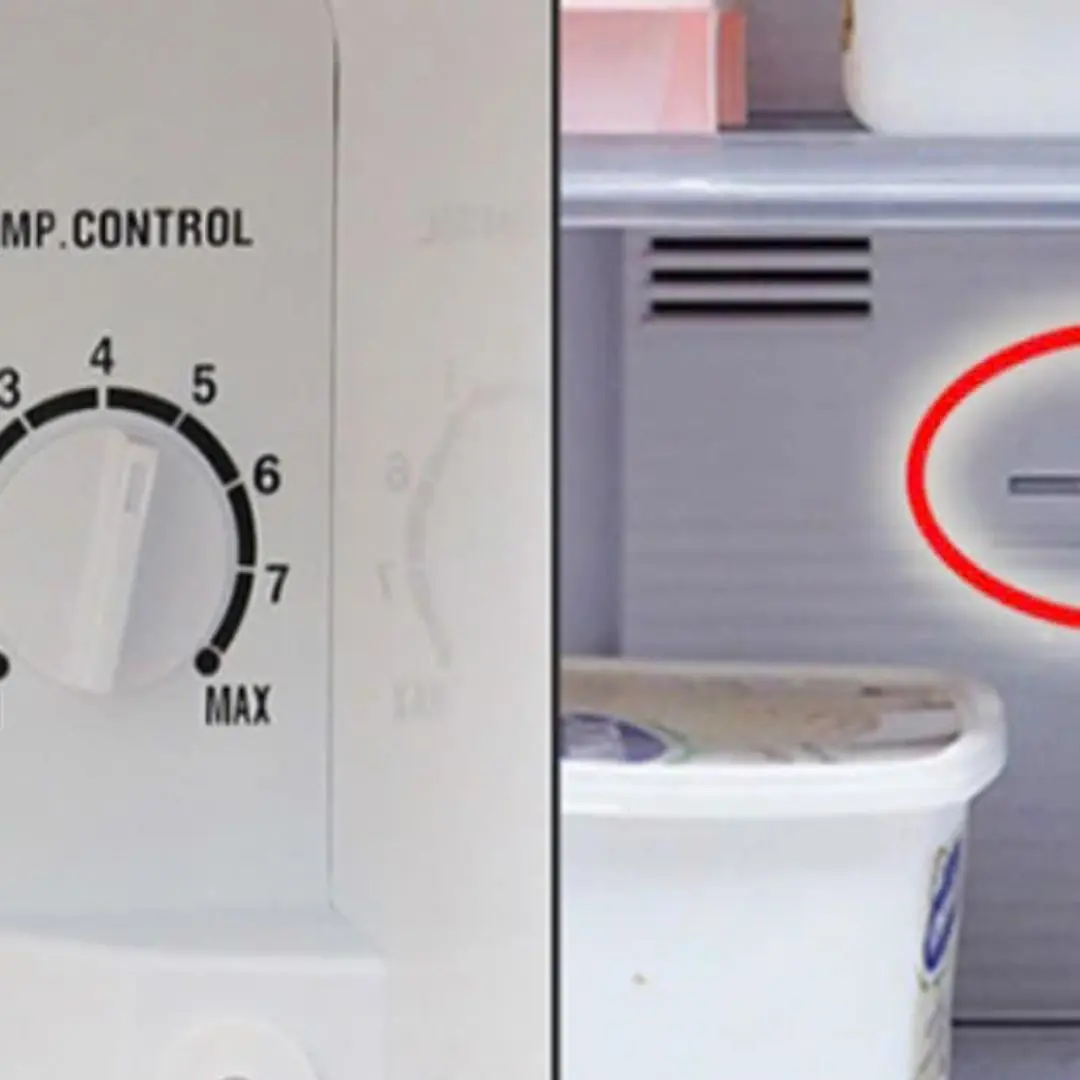
Refrigerator has a small button that can save millions in electricity bill

Airport staff reveals: The fastest and simplest way to get luggage without having to wait long
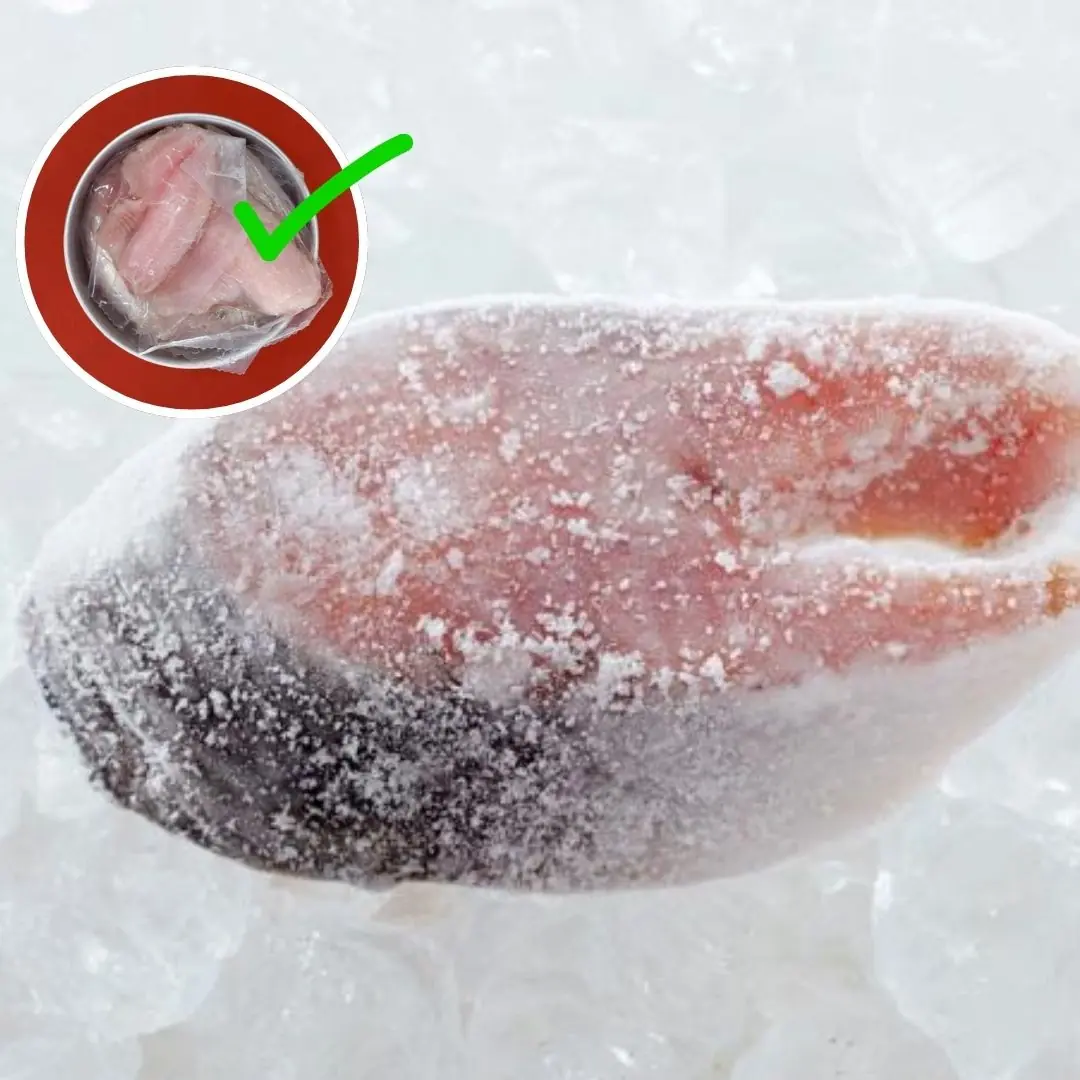
Do not immerse fish directly in water when defrosting. The restaurant chef taught me 3 tips after defrosting, the fish will be as fresh as r.a.w fish
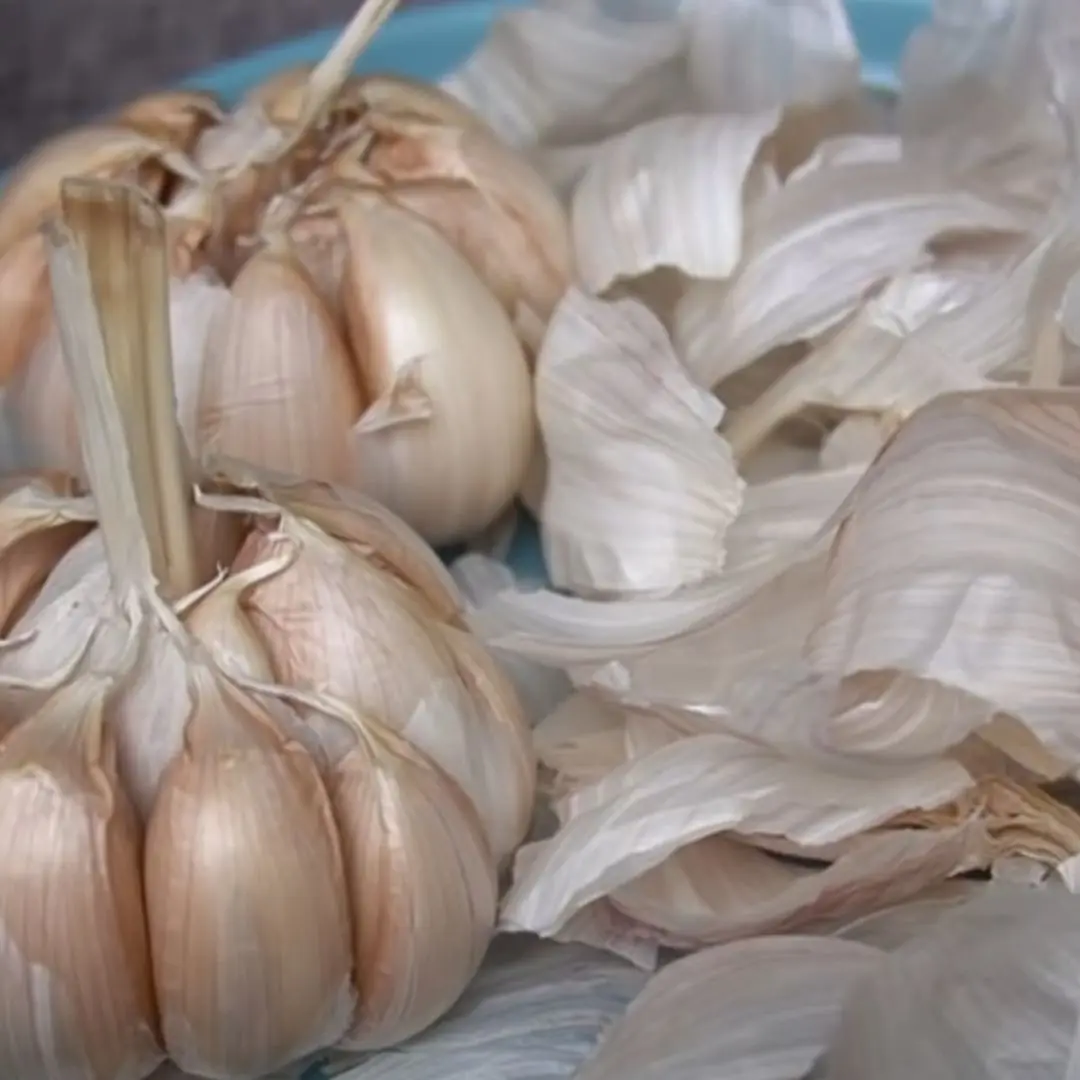
The surprising benefits of garlic skins: Many people regret not knowing sooner
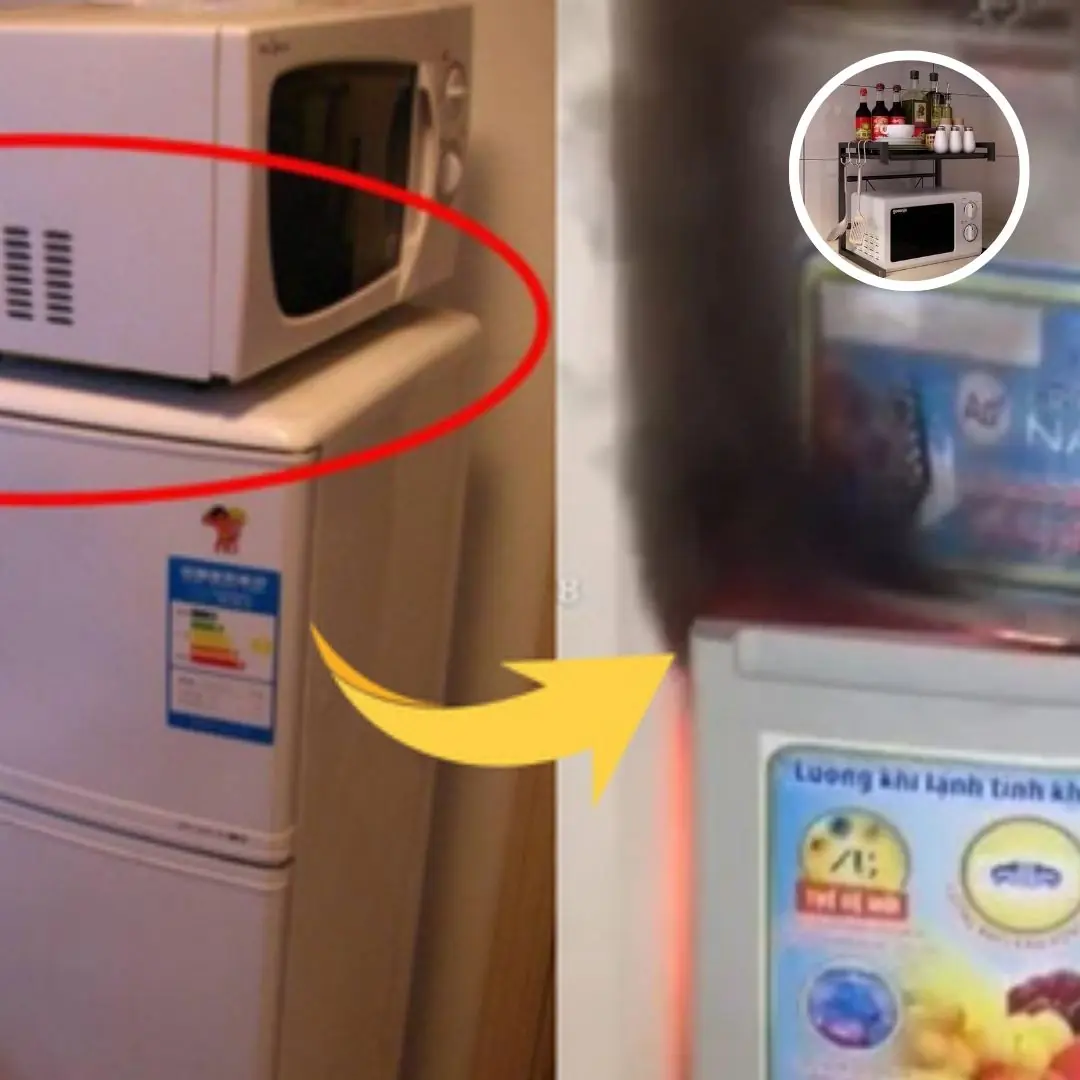
Never place your microwave in this spot if your kitchen is small — it’s bad for you and bad for the machine!

Plant these 8 snake-repelling species around your house, and they’ll stay far away the moment they spot them
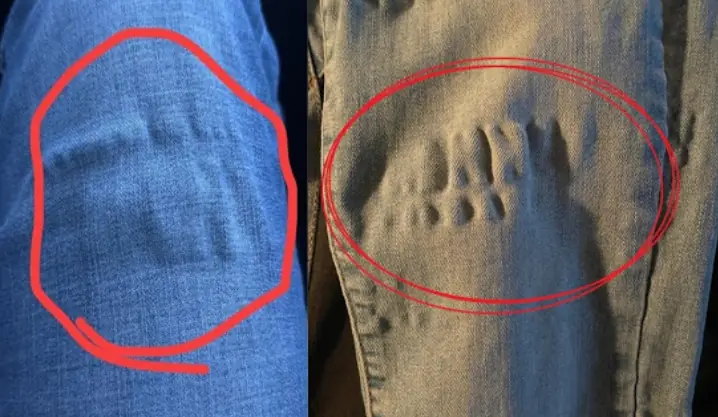
Why Do Jeans Get Weird Ripples After Washing?
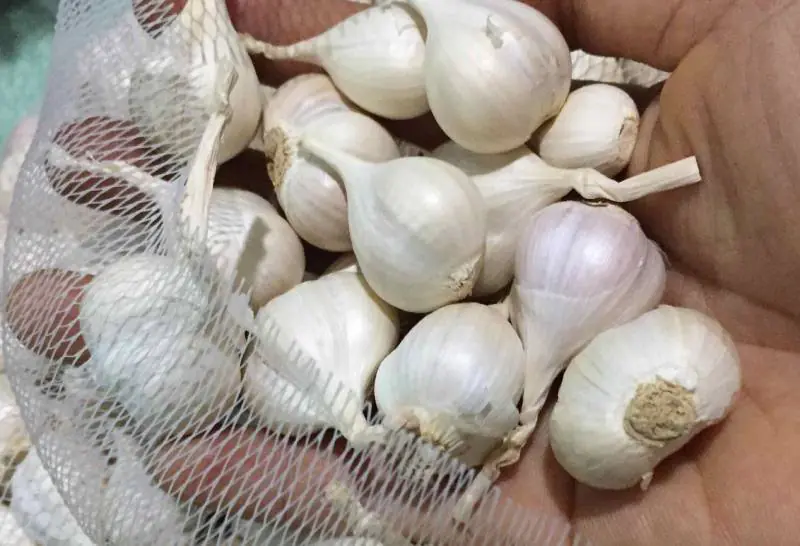
Chef Reveals How to Keep Garlic Fresh for 6 Months
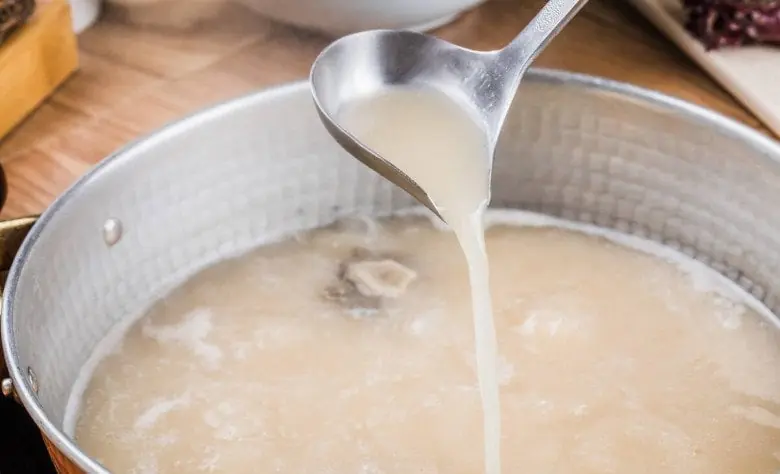
5 White Foods That “Boost” Collagen Naturally
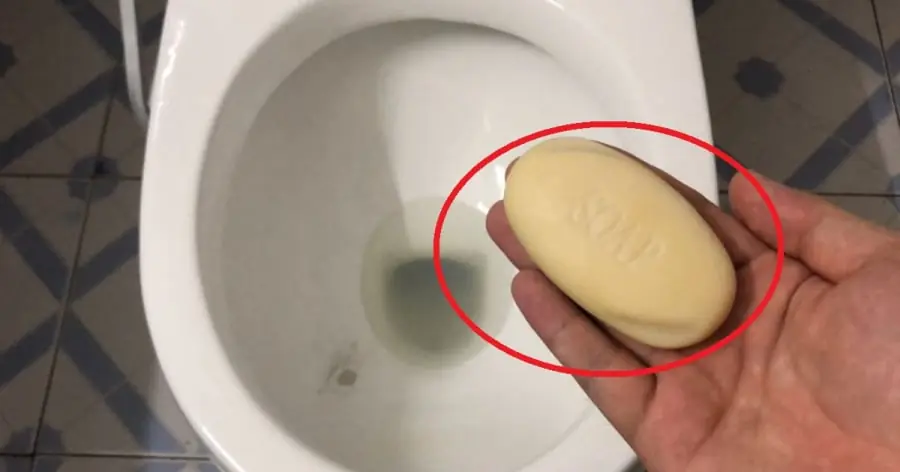
Try dropping a bar of soap into your toilet tank
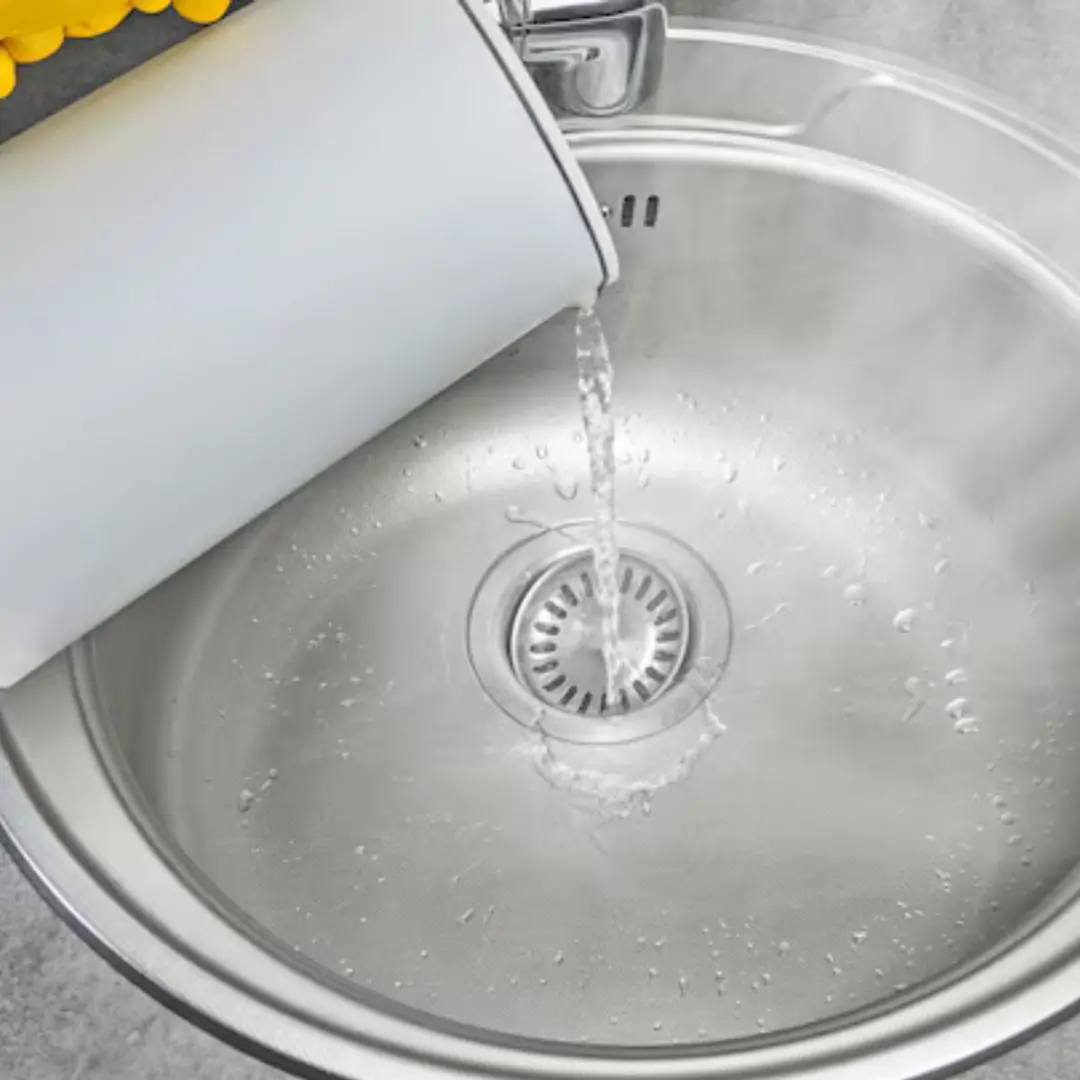
Why you should never pour hot water down the kitchen sink?
News Post

Tofu Is Nutritious and Healthy — But These 4 Groups Should Avoid It

Keep Bananas Fresh for 2 Weeks by Storing Them Here — Not in the Fruit Bowl

When the “Promised Land” Turned into Hell: The Story Behind the 1861 Tragedy
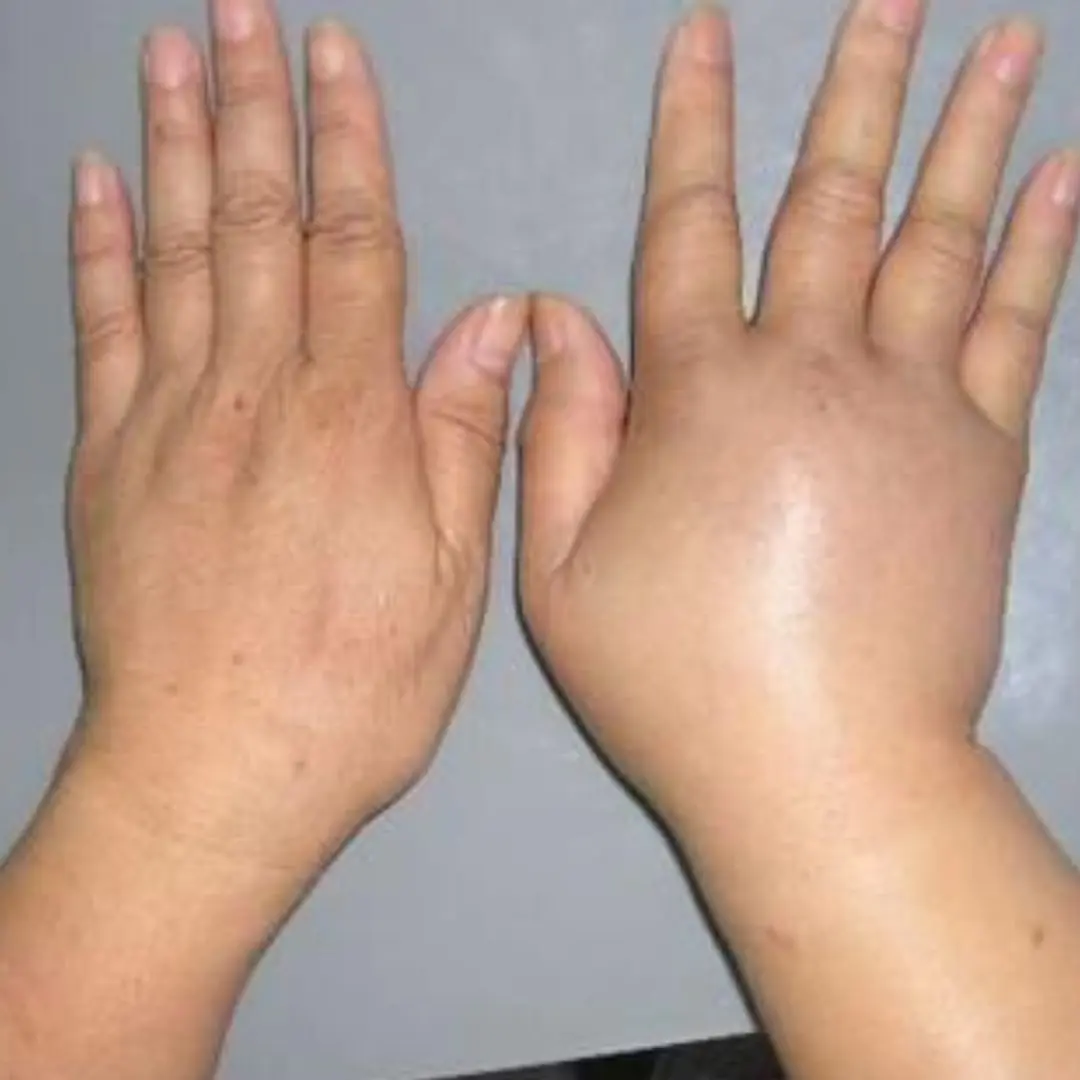
Waking up with swollen hands in the morning could be due to arthritis or some other underlying health problem that needs immediate treatment.

5 warning signs of cancer developing in the body

Depressing find at the bottom of the Mariana Trench is a warning to the world
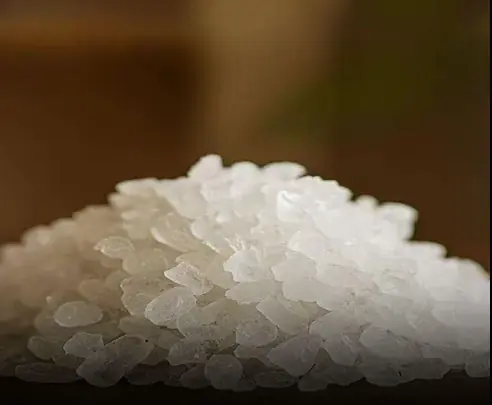
This One Superfood Could Tackle Major Health Issues—Here’s What You Need To Know

The Amish Family That Vanished: The Miller Mystery from 1992

Biker Bought Teenage Girl At Gas Station Human Trafficking Auction For $10,000

My Husband and In-Laws Demanded a DNA Test for Our Son

The Little House Mistakes No One Spotted — The Hidden Bloopers of a Beloved Classic

Mute girl rushes to scary biker at Walmart knowing his secret

I Almost Left after Seeing Our Baby – But Then My Wife Revealed a Secret That Changed Everything
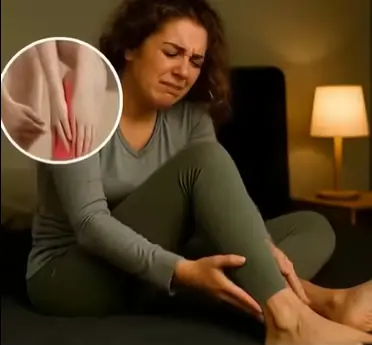
Nighttime Leg Cramps: When to Worry and Seek Medical Help
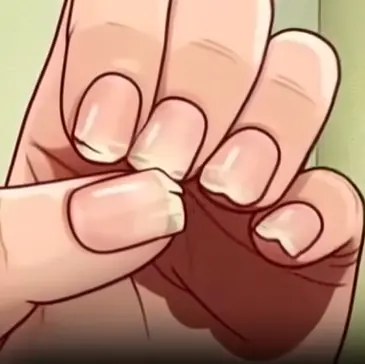
You Should Never Ignore These 9 Things Your Fingernails Reveal About Your Health

4 Things You Should Never Say At A Funeral — No Matter What
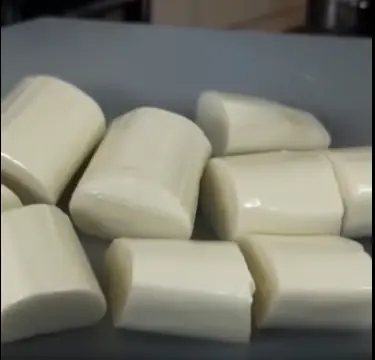
Over 200 People Are Killed By The “World’s Deadliest Food” Every Year, But Almost 500 Million People Still Eat It

The real reason why nobody has ever found human remains inside the Titanic wreckage
